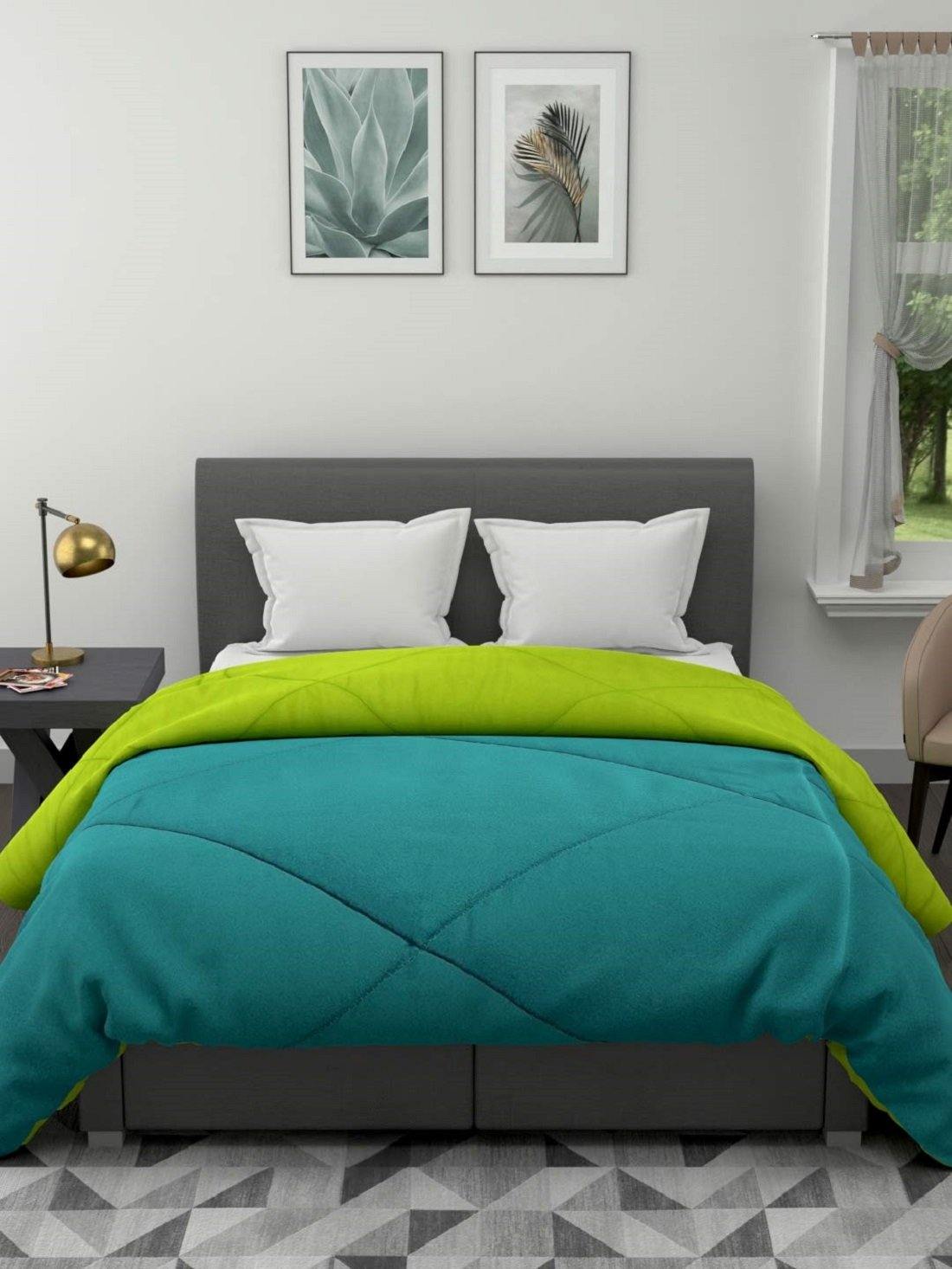Read This, Before Buying a Comforter

When it comes to creating a cozy and inviting bedroom sanctuary, few things are as crucial as selecting the perfect comforter. A high-quality comforter not only enhances your sleeping experience but also adds style and warmth to your bedroom decor. However, with so many options available on the market, choosing the right comforter can be overwhelming. To help you make an informed decision, here are ten essential tips to consider before purchasing a comforter.
- Determine Your Needs: Before you start browsing comforters, take a moment to assess your specific requirements. Consider factors such as your climate, sleeping preferences, and any allergies you may have. For example, if you live in a cold climate, you'll want a comforter with excellent insulation properties, while individuals with allergies should opt for hypoallergenic materials.
- Choose the Right Size: Comforters come in various sizes, including twin, full, queen, and king. To ensure a perfect fit, measure your mattress before making a purchase. Keep in mind that some people prefer oversized comforters for extra coziness and coverage.
- Select the Fill Material: Comforters are filled with different materials, each offering unique benefits. Common fill options include down, synthetic down alternatives, wool, and cotton. Down comforters are known for their exceptional warmth and breathability, while synthetic fills are often hypoallergenic and more affordable. Wool and cotton comforters are suitable for those who prefer natural materials.
- Consider Fill Power: If you opt for a down comforter, pay attention to its fill power. Fill power refers to the volume occupied by one ounce of down, indicating its loftiness and insulating ability. Generally, higher fill power indicates better quality and warmth. Look for a comforter with a fill power of 600 or above for optimal performance.
- Evaluate Thread Count: The thread count of a comforter's cover fabric affects its softness, durability, and breathability. A higher thread count typically indicates a smoother and more luxurious feel. However, it's essential to strike a balance, as excessively high thread counts may compromise breathability. Aim for a thread count between 200 and 400 for a comfortable and durable comforter.
- Check for Allergy-Friendly Options: If you suffer from allergies, prioritize hypoallergenic comforters to minimize potential triggers. Look for products labeled as hypoallergenic or allergy-friendly, and avoid materials such as down if you're allergic to feathers. Additionally, consider using allergen-proof covers to further protect your comforter.
- Assess Seasonal Versatility: Some comforters are designed for specific seasons, while others offer year-round comfort. If you live in a region with distinct seasons, consider investing in multiple comforters suited to different temperatures. Alternatively, opt for a versatile option with adjustable warmth levels, such as a comforter with a removable duvet insert.
- Examine Construction Quality: The construction of a comforter greatly influences its durability and performance. Inspect the stitching to ensure it's even and tightly secured, preventing the fill from shifting and creating cold spots. Box stitching and baffle box construction are popular techniques that help maintain consistent loft and warmth distribution.
- Read Customer Reviews: Before finalizing your purchase, take the time to read reviews from other customers. Look for feedback regarding the comforter's quality, warmth, durability, and overall satisfaction. Pay attention to any recurring praises or complaints, as they can provide valuable insights into the product's performance.
- Evaluate Care Instructions: Proper care and maintenance are essential for prolonging the lifespan of your comforter. Before buying, review the care instructions provided by the manufacturer. Determine if the comforter is machine washable or if it requires professional cleaning. Additionally, consider factors such as drying methods and the use of duvet covers to keep your comforter clean and fresh.
Read More: Difference between duvet and comforter
In conclusion, selecting the perfect comforter involves careful consideration of various factors, including size, fill material, construction quality, and care instructions. By following these ten essential tips, you can make an informed decision that ensures both comfort and satisfaction. Remember to prioritize your personal preferences and needs to find a comforter that meets your expectations and enhances your sleeping experience.
